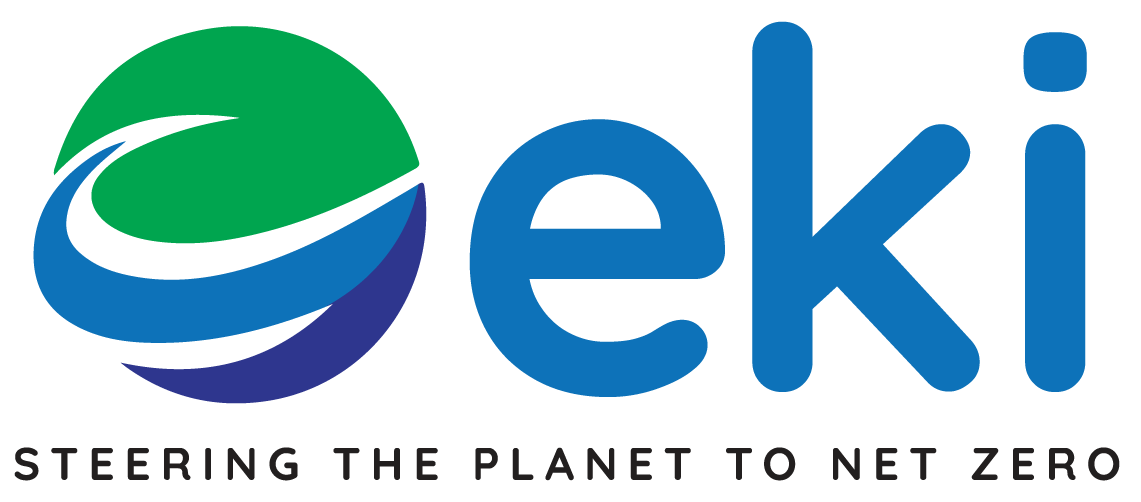In today’s fast-paced world, achieving a harmonious balance between work and personal life has become increasingly challenging. Traditional notions of work-life balance, once considered the holy grail of professional fulfillment, are evolving into a more dynamic concept known as work-life integration. This shift reflects the recognition that striving for an equal distribution of time and energy between work and personal commitments may not always be feasible or desirable. Instead, individuals are embracing the idea of seamlessly integrating their professional and personal lives to create a more holistic and fulfilling existence.
Understanding Work-Life Integration
Work-life balance typically implies maintaining distinct boundaries between work and personal life, striving to allocate equal time and energy to each domain. However, this approach often leads to feelings of guilt or inadequacy when one aspect of life demands more attention than the other. In contrast, work-life integration acknowledges that work and personal life are interconnected and fluid, allowing individuals to blend the two seamlessly. It’s about finding synergy between professional responsibilities and personal pursuits, enabling individuals to thrive in both realms without compromising one for the other.
Benefits of Work-Life Integration
Embracing work-life integration not only promotes holistic well-being but also fosters a more sustainable and fulfilling approach to navigating the complexities of modern life.
- Enhanced Productivity and Performance: Integrating work and personal life enables individuals to capitalize on their natural rhythms and energy levels. By allowing flexibility in how and when tasks are accomplished, individuals can optimize their productivity and performance.
- Improved Well-being and Satisfaction: Embracing work-life integration promotes overall well-being by reducing stress and burnout. When individuals have the freedom to prioritize activities that align with their values and priorities, they experience greater satisfaction and fulfillment in both their professional and personal lives.
- Strengthened Relationships: Work-life integration fosters stronger connections with family, friends and colleagues. By incorporating personal activities into the workday and vice versa, individuals can nurture meaningful relationships and create a supportive network both inside and outside the workplace.
Navigating the Transition
Work-life integration underscores the shared responsibility between organisations and individuals to create an environment conducive to achieving harmony between work and personal life commitments. From an organisational standpoint, fostering work-life integration involves cultivating a culture that promotes flexibility, autonomy and trust. Simultaneously, individuals play a crucial role by setting boundaries, managing time effectively and prioritizing tasks to ensure that work commitments complement rather than detract from personal responsibilities and interests. Transitioning from a traditional work-life balance mindset to one of integration requires a shift in perspective and approach. Here are some strategies to facilitate this transition:
- Set Clear Boundaries: While work-life integration blurs the lines between work and personal life, it’s essential to establish clear boundaries to prevent burnout and maintain focus. Designate specific times for work-related tasks and personal activities and communicate these boundaries to colleagues and family members.
- Embrace Flexibility: Flexibility is the cornerstone of work-life integration. Embrace flexible scheduling and technology solutions that facilitate seamless transitions between work and personal responsibilities.
- Prioritize Self-care: Make self-care a non-negotiable part of your routine. Schedule regular breaks, prioritize physical activity and carve out time for relaxation and leisure activities to recharge and rejuvenate.
Women Navigating Work-Life Integration
For many women, achieving work-life integration poses unique challenges. Juggling professional responsibilities with family obligations can be especially demanding, often resulting in heightened stress and feelings of guilt. Women frequently find themselves torn between advancing their careers and meeting familial expectations, facing societal pressures to excel in both realms. The struggle to maintain work-life balance can be exacerbated by traditional gender roles and expectations, which often place the bulk of caregiving and household responsibilities on women. Consequently, women may find themselves stretched thin, attempting to fulfill multiple roles simultaneously without adequate support systems in place. Despite these challenges, women have demonstrated remarkable resilience and adaptability, finding innovative ways to navigate the complexities of work-life integration while advocating for greater flexibility and support from leadership, colleagues and society at large.
Promoting Work-Life Integration in the Workplace
Employers play a crucial role in fostering a culture of work-life integration. Here are some strategies for organisations to promote work-life integration among their employees:
- Offer Flexible Work Arrangements: Provide employees with the flexibility to work remotely, adjust their schedules or compress workweeks to accommodate personal commitments.
- Encourage Open Communication: Create a supportive environment where employees feel comfortable discussing their work-life needs and concerns. Encourage managers to have regular check-ins with their team members to ensure they feel supported and valued.
- Lead by Example: Demonstrate a commitment to work-life integration at all levels of the organisation, from leadership down to frontline employees. Encourage leaders to model healthy work habits and prioritize work-life balance in their own lives.
In conclusion, work-life integration offers a more sustainable and fulfilling approach to navigating the complexities of modern life. By embracing flexibility, setting clear boundaries and prioritizing self-care, individuals and organisations can reap the benefits of a harmonious blend of work and personal pursuits. Let’s embrace work-life integration as the key to unlocking our full potential and achieving greater balance, satisfaction and success in all aspects of life.

